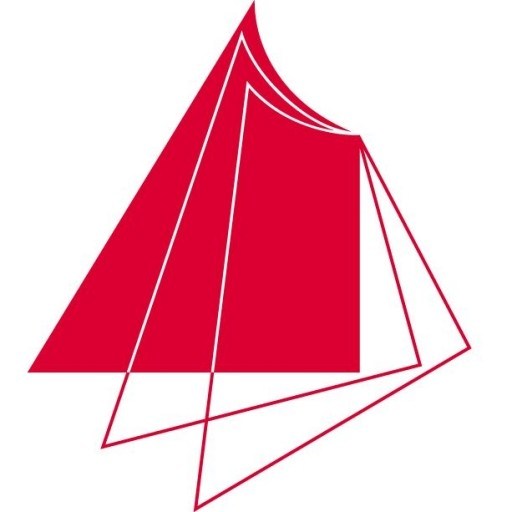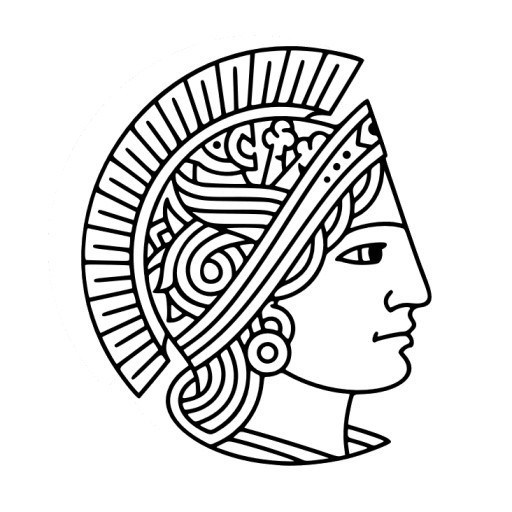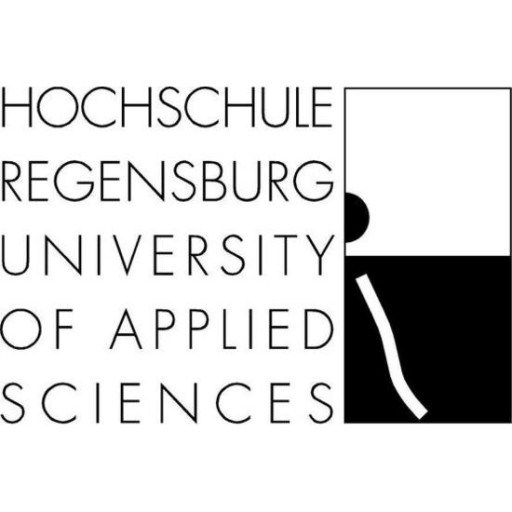Photos of university / #hochschule_karlsruhe
Sensor Systems Technology is an innovative engineering program offered at Karlsruhe University of Applied Sciences, designed to prepare students for the rapidly evolving field of sensor technologies and embedded systems. This interdisciplinary program combines principles from electrical engineering, computer science, and mechanical engineering to equip graduates with the skills necessary to develop, analyze, and implement advanced sensor systems across various industries. Throughout the course of study, students explore topics such as sensor design and signal processing, embedded systems development, automation, and data analysis, gaining both theoretical knowledge and practical experience.
The curriculum emphasizes hands-on learning through laboratory exercises, project work, and industry collaborations, ensuring students are well-versed in real-world applications. Students learn to develop sensors for diverse applications, including environmental monitoring, healthcare, manufacturing, and mobility. Special focus is placed on the integration of sensors into complex systems, IoT (Internet of Things) applications, and the development of intelligent sensor networks that can process and analyze data efficiently. The program also covers relevant legal, ethical, and security aspects related to sensor data collection and utilization.
Students benefit from state-of-the-art laboratories and facilities that enable the practical application of learned concepts. Furthermore, the program prepares graduates for diverse career opportunities such as sensor system development, automation engineering, data analysis, research, and consulting. The international environment and collaborative projects foster intercultural competence and teamwork skills, essential for success in the global technology landscape. Upon completion, graduates are well-equipped to contribute to innovation in sensor technology and digital transformation across multiple sectors, making a significant impact on society and industry.
Educational organisation
Students study for two years at universities in two different countries of their choice; you can decide if you start in Germany or come for your second year.The first year is offered in Egypt, Spain, and Germany. The second is offered at each partner institution: Karlsruhe (Germany), Besançon (France), Gijón (Spain), Ivanovo (Russian Federation), and Cairo (Egypt). During the first year, lessons at the partner institutions are identical.
For the second year, students move on to one of the other partner institutions in order to specialise in their third semester. The Master's thesis in the fourth semester can be done at the university or in industry.
It is possible to spend part of the course or thesis at one of our associated member universities (e.g., in the United States, Brazil, Cuba, or Indonesia).
Teaching formats are lectures, labs, seminars, and projects. Practical training takes place at the universities as well as in industry and at research centres.
Students acquire one Master's degree from each university at which they have studied. This results in two degrees.
Study abroad unit(s)
For the first two semesters of the programme, students choose one of the three institutions in Germany, Spain or Egypt. For the second year, they move to another of the five institutions. (i.e., ENSMM in Besançon, Karlsruhe University of Applied Sciences, UniOvi in Spain, ISPEU in Russia, or Nile University in Egypt). In the third semester, students choose a specialisation at that institution.The Master's thesis can be carried out at any participating institution. Additionally, it is possible to spend a maximum of three months at one of the associated members of the EU4M consortium (in Brazil, Cuba, Indonesia, or the United States).
Please be aware that Erasmus+ scholarship holders must spend their study period in at least two European consortium partner countries.
Internships
An internship of six to eight weeks can be undertaken during the summer break between the first and the second year, but this is not obligatory. There is also the option of a one-year working period.In Germany, for example, it is common to write the thesis while working in a company. For some students the working experience at the company is very fruitful, especially if they have not had any working experience before. Working on an industry-funded thesis project can be a hugely beneficial experience.
Forms of assessment
Student performance is evaluated depending on the subject by means of written end-of-term exams, oral exams, projects, exercises, lab work, and participation in lectures. A minimum grade must be obtained for successful completion of a module.In the first year, 8 ECTS credit points are awarded for each of the six modules; 12 ECTS credits are awarded for the key qualification modules.
In the third semester, each of the five modules is worth 6 ECTS credits.
In the fourth semester, 26 ECTS are awarded for the Master's thesis and 4 ECTS for the final exam.
Course objectives
Graduates of the joint Master's degree programme in Mechatronic and Micro-Mechatronic Systems are professionally qualified to work scientifically in the fields of mechatronics and micro-mechatronics, robotics, automation technology, and simulation technology.With their management qualifications, they are able to work in interdisciplinary and international teams to solve complex mechatronic tasks. EU4M graduates have the ability to adapt quickly and are flexible in dealing with a variety of tasks and problems from different fields. Mechatronic engineers have a quite different view of problem-solving in comparison with specialists, thanks to their wide knowledge in mechanics, electronics, optics, and automation.
EU4M alumni can work as specialists in industry according to their own focus, or they can seek a PhD position.
Having a qualification in intercultural communication and an understanding of at least two European cultures and languages, they are able to communicate easily in different languages with people from different countries.
Language requirements
Depending on the chosen country:If you start your studies in Germany, you must provide proof of your German skills at minimum level of B1 according to the Common European Framework of Reference for Languages. Overall, level B1 of the teaching language is needed to study in the first country. For the second country, level A2 at the beginning of the Master's studies is sufficient. Level B1 can be obtained during the first year. So when you choose to go to one of these countries, you must have the following level:
Germany: B1 German
France: B1 French
Spain: B1 Spanish
Egypt: B1 English
Russia: B1 English, A1 Russian
Two examples:
- If you want to start in Egypt and continue for the second year in Germany, you have to have B1-level or equivalent in English and A2 in German (so you take your German B1-level exam in Egypt).
- If you want to start in Germany and continue in France, you need B1-level in German and A2 in French (so you take your French B1-level exam in Germany).
Academic requirements
Bachelor's degree equivalent to at least 180 ECTS in the areas of mechanical engineering, electrical engineering, mechatronics, automotive engineering, sensorics, micro systems technology, or a related area, with above-average marksBonus points are given for practical experience.
Enrolment fees
142 EUR per semesterCosts of living
Approx. 700 EUR per month to cover personal expensesJob opportunities
International students who come from outside the EU or the EEA are generally allowed to work 120 full or 240 half days per year in Germany.Another option to finance your stay would be to have a one-year study break and work in industry. A special mode could be: first year studying at the first university, second year working in a cooperating enterprise, third year studying at the second university.
Job opportunities for mechatronic engineers and students are good.
Funding opportunities within the university
The consortium has a scholarship programme for excellent international students.Excellent students can apply for EU4M scholarships, which cover all or part of the tuition fee (333 EUR per month).
http://www.eu4m.eu/application/scholarships
Arrival support
Arrival support is provided by the university's International Office, by current EU4M students, and the EU4M consortium (support with visa documents, help with finding accommodation). There is also help for registration with authorities or opening a bank account. Participants are offered an initial intensive language course and a seminar about the German job market. There are orientation days in the university for foreign students, excursions for orientation in the city and its surroundings. There are also EU4M network meetings with professors, alumni, and students.Services and support for international students
EU4M-staff members and the International Office offer extensive assistance and support for international students ("incoming students") who want to study at the University of Applied Sciences in Karlsruhe or another EU4M partner university.The international students will receive helpful information even before their arrival in Europe, which ensures a good start at the university. At each partner university, incoming students are supported intensively. For example, EU4M students are supported with formalities, finding accommodation, opening a bank account and other tasks concerning living and studying. Moreover, there is an orientation programme, extensive study guidance, counselling by peers, tutors and professors; voluntary "tandem" systems for language exchange among students, joint excursions, events, and parties which help settle down in Karlsruhe and at the university.
The annual meeting has been established as a meeting point which takes place every year. This makes it easier for international students to get to know each other and provides the possibility to establish contacts with other students and graduates.
Accommodation
Students can apply for student housing through the Studierendenwerk (Student Services Office) at http://www.studentenwerk-karlsruhe.de/en/wohnen/. However, there is usually a waiting list for dormitory accommodation.The Studierendenwerk website also provides information about its extensive private accommodation service.









